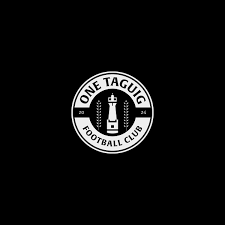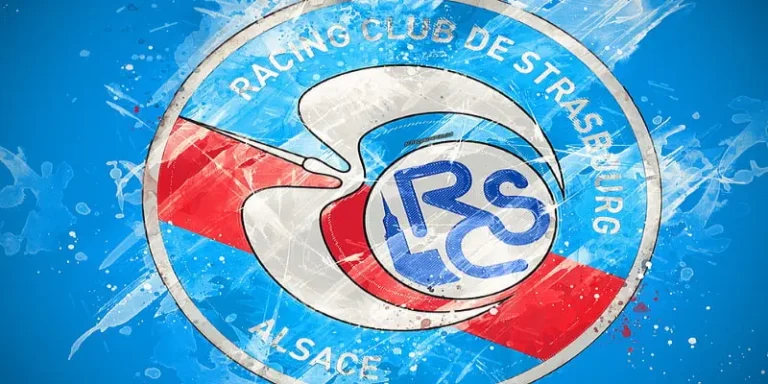
UEFA Champions League History & Top Teams Revealed
The UEFA Champions League is one of the most prestigious and celebrated tournaments in the world of football. With teams from across Europe competing fiercely for the coveted title, it has become a stage where legends are born and the greatest players showcase their talent. This renowned tournament has evolved significantly since its inception, capturing the hearts of millions and solidifying its place as a cultural phenomenon.
History of the UEFA Champions League
The UEFA Champions League has a rich and vibrant history that dates back to its inception in 1955. Originally named the European Cup, it was designed to create a competitive tournament specifically for the top football clubs in Europe. The first edition witnessed only 16 teams competing, with the tournament format evolving over the years to accommodate the increasing number of participating clubs and a growing audience.
The transformation from the European Cup to the UEFA Champions League in 1992 marked a significant shift, bringing professional marketing strategies, television deals, and a revamped format. This transition helped elevate the tournament’s profile, enabling it to reach new heights in terms of global viewership and fan engagement.
Formation and Early Years
The European Cup was initiated to find the best club team in Europe. The inaugural competition began with 16 teams, leading to the first final held in 1956 at Hampden Park in Glasgow. Real Madrid triumphed over Stade de Reims, marking the beginning of the tournament’s illustrious journey.
During the early years, the competition was dominated by a few key clubs, particularly Real Madrid, which won the first five editions of the tournament. The format required that clubs participate without a group stage, resulting in a straightforward knockout system that favored the best teams across Europe.
Expansion into the UEFA Champions League
In 1992, UEFA decided to revamp the tournament, rebranding it as the UEFA Champions League. This change was driven by the need for modernization and the opportunity to enhance commercial viability. The tournament expanded to include a group stage, allowing for more matches and increased participation from clubs across various leagues.
The first UEFA Champions League final took place in 1993, with Olympique de Marseille defeating AC Milan, marking a new chapter in the tournament’s history. The format offered a more inclusive approach, allowing for the participation of lesser-known teams and creating more exciting matchups throughout the tournament.
Growing Popularity and Globalization
As the years progressed, the UEFA Champions League grew exponentially in popularity, capturing the attention of fans worldwide. The introduction of lucrative television deals brought financial stability to the league while allowing clubs to invest in top talents.
Matches began to attract millions of viewers, creating a global fanbase that eagerly anticipated the tournament each season. The competition became synonymous with world-class football, propelling clubs like Barcelona, Manchester United, and AC Milan into global icons.
Top Teams in UEFA Champions League History
The UEFA Champions League has seen numerous teams etch their names into the annals of history, competing passionately for the ultimate prize in club football. Some clubs have consistently performed well, showcasing their dominance season after season.
The most successful teams have not only earned silverware but have also cemented their legacies in football lore. Understanding the top teams that have thrived in this prestigious tournament gives insight into what it truly takes to succeed at the highest level.
Most Successful Teams
When discussing the UEFA Champions League, clubs like Real Madrid, AC Milan, Liverpool, and FC Barcelona often dominate the conversation. These teams have a rich history of success, winning multiple titles and showcasing significant resilience throughout the tournament.
Real Madrid stands out as the most illustrious club in the competition, claiming an extraordinary 14 titles since their first victory in 1956. Their ability to consistently perform on the biggest stages has set them apart, attracting top talents and maintaining a winning culture.
Other notable teams like AC Milan, with seven titles, and Liverpool, with six, have also left an indelible mark. Each victory not only contributes to their legacy but also highlights the competitive spirit and high-stakes nature of the tournament as clubs strive for excellence year in and year out.
Notable Finals
When examining the vast history of the UEFA Champions League, certain finals stand out as iconic moments. These matches encapsulate the drama, excitement, and unpredictability that the tournament is renowned for.
Finals such as the legendary 2005 comeback by Liverpool against AC Milan, where they scored three goals in six minutes to equalize and ultimately win on penalties, demonstrate the tournament’s capacity for dramatic storytelling. Another memorable final was in 1999, where Manchester United’s late goal against Bayern Munich epitomized the unpredictability and competitive nature of the Champions League.
Club Rivalries
The UEFA Champions League has been the backdrop for intense rivalries and clashes of footballing titans. Matches between clubs like Barcelona and Real Madrid or AC Milan and Inter Milan often captivate audiences with their historic significance, making them unforgettable fixtures.
These rivalries add an extra layer of emotional investment, as fans, players, and clubs strive to assert their dominance over their local and continental adversaries. The passion exhibited by clubs and players during these encounters reflects the deep-rooted tradition of competition that the UEFA Champions League engenders.
| Club | Titles Won |
|---|---|
| Real Madrid | 14 |
| AC Milan | 7 |
| Liverpool | 6 |
| Bayern Munich | 6 |
| FC Barcelona | 5 |
| Ajax | 4 |
| Manchester United | 3 |
| Inter Milan | 3 |



